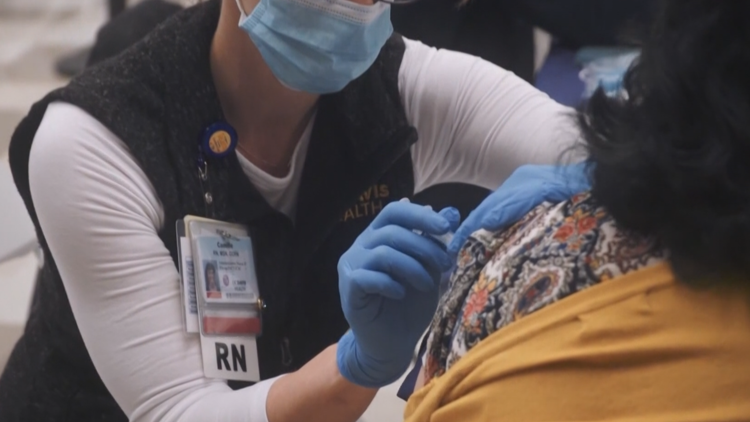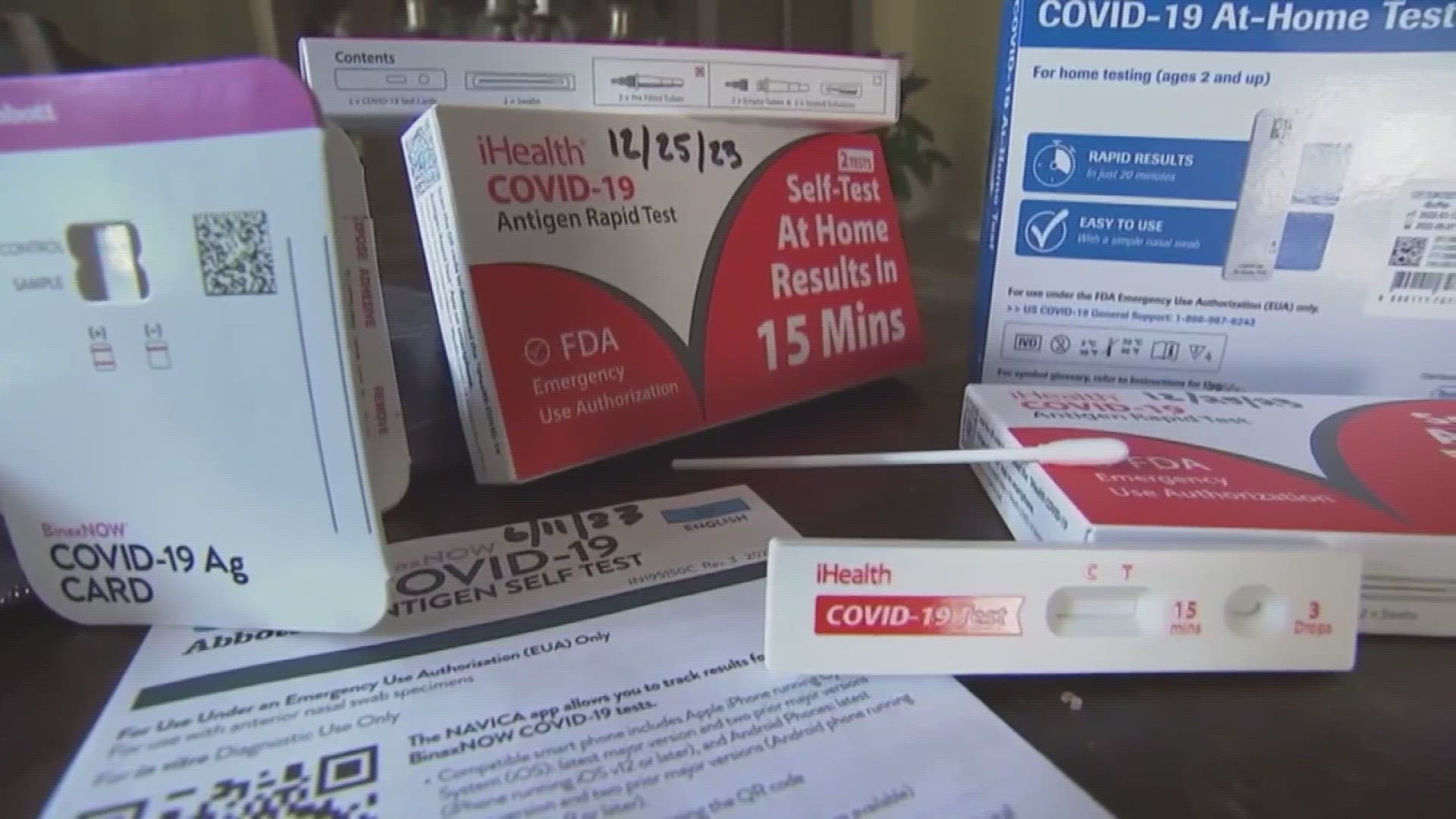CALIFORNIA, USA — Herd Immunity has been a familiar term throughout the pandemic. It’s the notion of getting a majority of the population vaccinated and in turn protected a small percentage that is not vaccinated. Health professionals now say they’re moving away from using that term.
“We don’t have an absolute blood test that has a cut-off that says, this person is immune and this person isn’t immune. We don’t know what those antibody values mean. Just because we’re measuring the antibody doesn’t mean that person is immune,” UC Davis Health Dr. Dean Blumberg said.
He said if we can’t reach that immunity, we will have to manage the virus with more vaccinations.
ABC10 Health Expert Dr. Payal Kohli says as we’re moving through the pandemic it's not about reaching herd immunity and more about managing the virus.
“We’ve realized there’s a lot of barriers to achieving herd immunity. One of the biggest barriers being the variants,” she said. “Whenever you introduce a new variant into the mix, you actually change the transmissibility of the infection and therefore you change not just the herd immunity threshold, but you also change the makeup of who may already be in that herd immunity.”
That makes it hard to find a percentage to base herd immunity on. Kohli said herd immunity can also discourage people from getting the vaccine.
“People say oh, everybody else is getting vaccinated, so I can be in that 20% that doesn’t need to be vaccinated,” she said.
Blumberg said vaccine hesitancy hurts everyone.
“People who choose not to be vaccinated when they don’t have a valid medical reason, that puts the whole community that they live in at risk of infection, and delays further getting back to our normal ways of life.”
Kohli said the goal is now not a number, but to get as many people vaccinated as possible.
“Two things have to happen for us to end this pandemic, as many people as possible have to get vaccinated and the number of cases in the community have to go down and one leads to another.”
We also asked Dr. Kohli about how to talk to friends and family about their vaccination status without coming off as demanding or without pushing an idea onto someone else.
She offered these tips:
- Don’t be direct – find an indirect way to ask if someone is vaccinated. Instead of asking if they got the vaccine, ask which vaccine they got or if they had any side effects when they were vaccinated.
- If you’re attending a gathering, ask the host if it’s going to be indoors or outdoors and ask if you should bring your mask along. That way the host can guide you on what to do.
“I think it’s absolutely ethical and reasonable for you to ask somebody else their vaccination status because again, remember even though it’s their decision and their body, their decision affects you,” Kholi said.





















